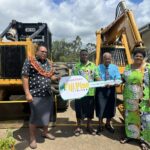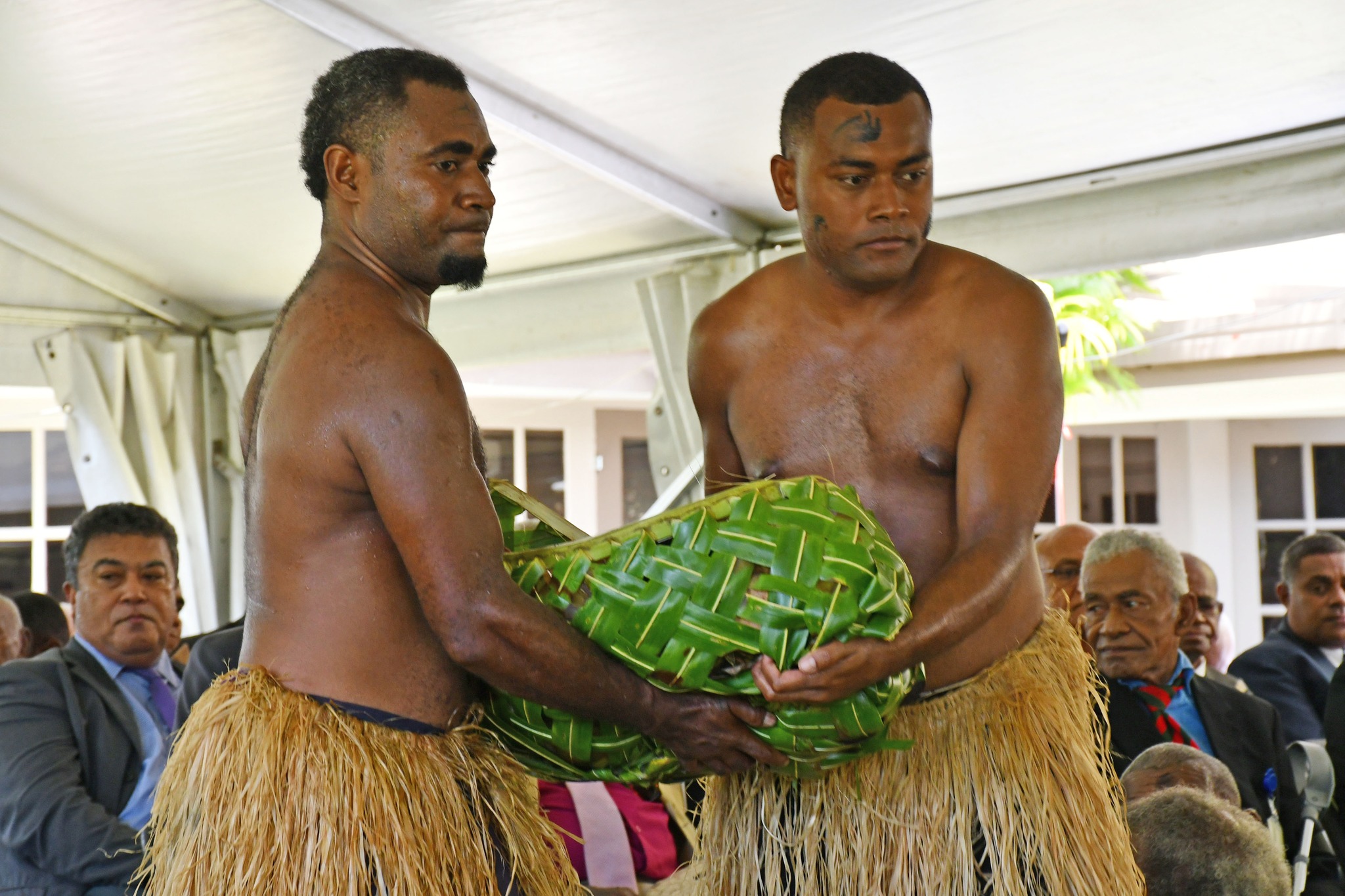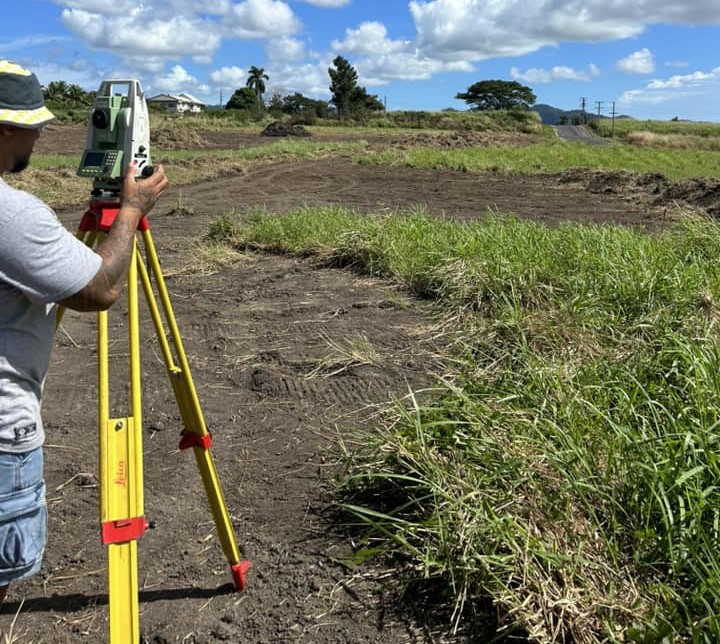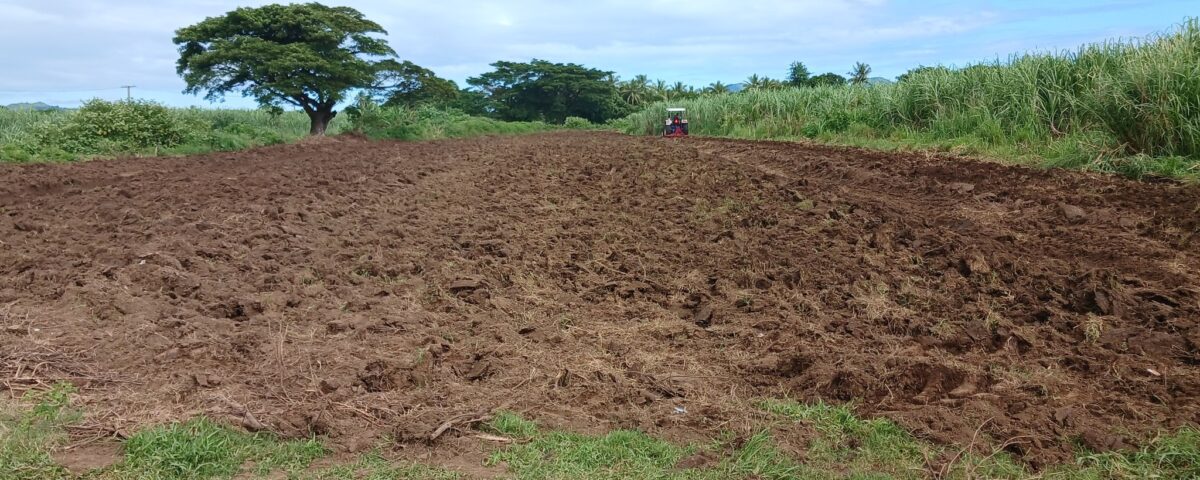
MATAQALI NALEYA IN NAMOSI RECEIVES OVER $157,000 IN TLTB FARMING ASSISTANCE UNDER TDFF
November 21, 2025
$174,937.50 TO MATAQALI NOI BULI INVESTMENT OF BAVU VILLAGE
November 26, 2025The iTaukei Land Trust Board (TLTB) has formally approved the initiation of a Soil Health Documentation Project focused on sugarcane lease areas across Fiji. This strategic initiative reflects TLTB’s long-term duty of care to iTaukei landowners and future generations, ensuring that land stewardship is informed by science, sustainability, and community engagement.
CEO Mr Solomone Nata said that a dedicated team has been tasked with collecting and verifying historical and current soil data across sugarcane lease areas, with a view to integrating this information into lease planning, renewals, and the development of new agricultural leasing guidelines.
Mr Nata said that since 1968, sugarcane farming had been a major land use under iTaukei leases. However, the widespread practice of cane burning has contributed to cumulative soil degradation, leading to declining lease renewal rates and large tracts of underutilised land. As of today, 8,582 cane leases are active across Fiji.
The impacts of cane burning on soil health include:
• Fertility Loss: High-temperature burning (~400°C) destroys essential microbial life and organic matter.
• Nutrient Depletion: Up to 90% nitrogen, 25% phosphorus, 50% sulphur, and 20% potassium are lost from cane trash.
• Structural Decline: Soil compaction, erosion, and texture degradation reduce long-term productivity.
• Environmental Harm: Up to 23 tonnes of CO₂ released per hectare, contributing to national emissions.
• Health Risks: Increased respiratory illnesses in nearby communities, especially among children and the elderly.
The Board has also endorsed collaboration with key national agencies, including the Ministry of Agriculture, Sugar Research Institute of Fiji (SRIF), Fiji Sugar Corporation (FSC), Department of Environment, and Fiji Meteorological Services. These partnerships will support data sharing, methodological alignment, and capacity-building to ensure a robust and unified approach.
Immediate engagement with landowners, stakeholders, and local farming communities will begin to validate and expand the soil health record. This participatory approach ensures that traditional knowledge and lived experiences are integrated into the scientific framework.
Mr Nata said that this initiative will benefit the landowners in the following way:
• Protecting soil health safeguards future income and land value for iTaukei landowners.
• Improved land quality enhances the long-term viability of the iTaukei Wealth Fund.
• Supports national climate resilience and sustainable land use goals.
• Healthy soils attract better farming practices and investment interest.
• Real-time, verifiable data will inform smarter lease pricing, planning, and sustainability tracking.
This initiative underscores TLTB’s commitment to evidence-based land management, ensuring that iTaukei land remains productive, profitable, and protected for generations to come.










